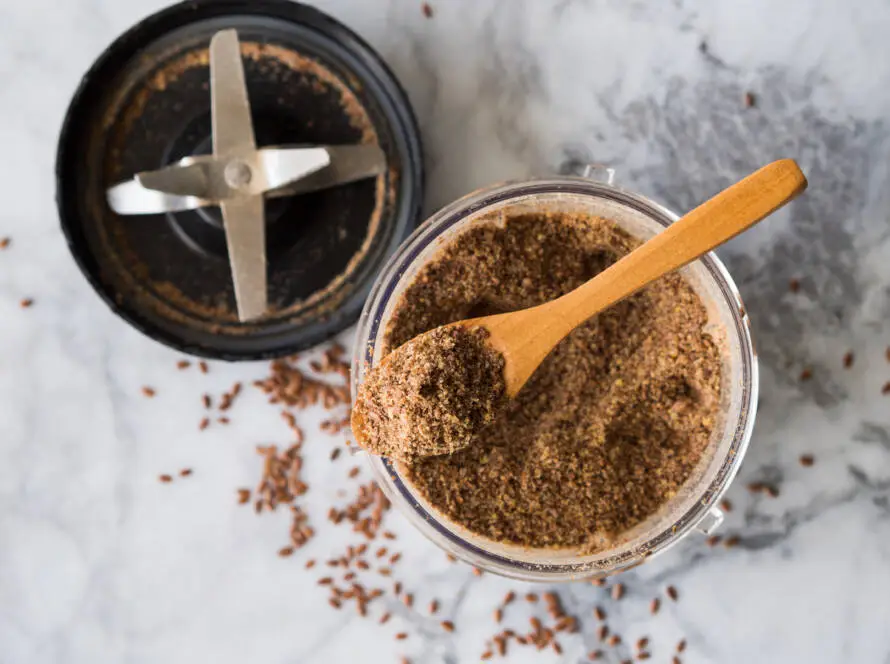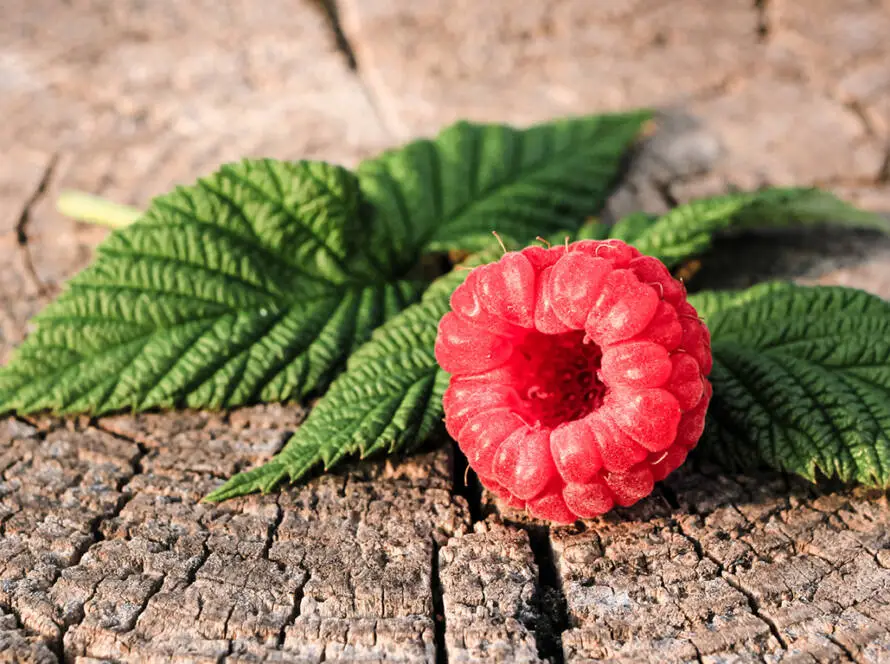Butcher’s Broom: An Overview
Butcher’s broom (Ruscus aculeatus) is a unique low-growing evergreen shrub found across a wide range, from Iran to the Mediterranean and the southern United States. Recognizable for its distinctive shoots, which resemble asparagus, Butcher’s broom has been utilized for various medicinal purposes, though clinical trial results are not extensive. Traditionally, this plant has been associated with several health benefits, particularly in treating circulatory issues, digestive problems, and more.
Common Names
- Butcher’s Broom
- Box Holly
- Knee Holly
- Pettigree
- Sweet Broom
- Jew’s Myrtle
Scientific Classification
- Latin Name: Ruscus aculeatus
Uses of Butcher’s Broom
Butcher’s broom is primarily known for its medicinal properties, which include:
Chronic Venous Insufficiency: It is often used to support circulation, particularly in patients with symptoms related to chronic venous insufficiency.
Atherosclerosis: Some practitioners advocate its use to manage cholesterol levels and support heart health.
Hemorrhoids: The anti-inflammatory properties of Butcher’s broom make it a popular choice for alleviating discomfort associated with hemorrhoids.
Varicose Veins: Their potential to improve circulation can help manage symptoms, providing relief for those affected.
Alleviating Constipation and Water Retention: Butcher’s broom is known for its mild diuretic and laxative properties, although more effective alternatives are available.
How It Is Used
In traditional medicine, both the root and stem of the Butcher’s broom plant are utilized to create various herbal preparations. Common forms include:
Capsules and Tablets: Concentrated extracts are available in capsule form for easy consumption.
Teas and Infusions: Herbal teas made from the roots or stems can be brewed to harness Butcher’s broom’s benefits.
Topical Applications: Creams or ointments containing Butcher’s broom extract may also be applied directly to the affected area to relieve symptoms related to hemorrhoids and varicose veins.
Scientific Evidence
The German Commission E, an essential authority on herbal medicine, approves the oral use of the Butcher’s broom rhizome as supportive therapy for chronic venous insufficiency and hemorrhoids. Clinical studies have reported no known interactions with other medications and have shown promising results, including a clinical trial involving 40 patients that found no adverse events related to Butcher’s broom therapy.
While there is some supporting evidence, it is essential to note that further rigorous clinical trials are needed to definitively confirm its efficacy and safety.
Side Effects and Cautions
While Butcher’s broom is generally considered safe, there are some caveats to keep in mind:
Pregnancy and Lactation: Safety and efficacy during pregnancy and breastfeeding are not well documented; therefore, its use is not recommended in these circumstances.
Poisoning Risks: Reports of poisoning associated with burdock root tea have been linked to adulteration with plants containing atropine. Symptoms of this poisoning include blurred vision, headache, and drowsiness. It is crucial to use Butcher’s broom and other herbal products from reputable sources to mitigate this risk.
Conclusion
Butcher’s broom offers a range of potential benefits, particularly for circulatory issues and digestive health. Its historical use and modern scientific endorsements suggest a promising role in herbal medicine. However, as with any supplement or herbal remedy, it is advisable to consult a healthcare professional before use, especially for those who are pregnant, nursing, or taking other medications. If you’re considering Butcher’s broom for its health benefits, ensure you use it responsibly and source it from trustworthy suppliers.
Resources
- Drugs.com
- Wikipedia.com
This summary highlights the key aspects of Butcher’s broom, including its traditional uses, potential benefits, and safety considerations.
Disclaimer
The information I’ve shared about herbs is for educational purposes only and is not meant as medical advice. While many herbs have been traditionally used for their potential health benefits, individual responses may vary, and the effectiveness of herbs can depend on various factors, including personal health conditions and interactions with medications. It is essential to consult with a qualified healthcare professional or a licensed herbalist before using herbs for medicinal purposes or making significant changes to your health regimen. This information should not be considered a substitute for professional medical advice, diagnosis, or treatment.


